Clover Moore hints that sixth term as Sydney Lord Mayor will be her last
After almost certainly claiming an unprecedented sixth term in office, Clover Moore says the next four years will include succession planning.
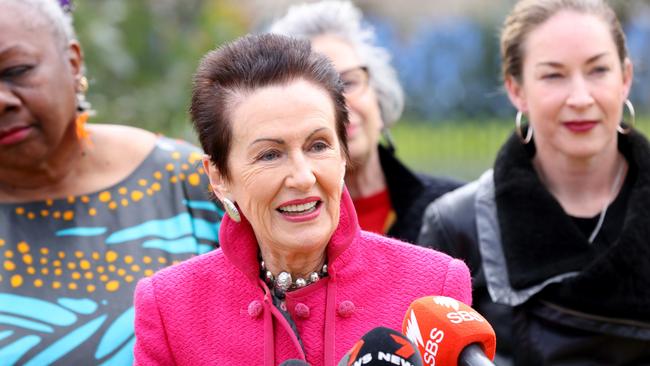
Sydney Lord Mayor Clover Moore has hinted that her almost-certain sixth term will be her last after claiming victory on Saturday night in the battle for Town Hall.
Speaking on Sunday after claiming an unprecedented sixth term in office, Ms Moore said she did not think there would be another “Clover election” and that the next four years would be about succession planning.
“I don’t think there will be,” 78-year-old Ms Moore said when asked if the 2028 local government election would also be a “Clover” one.
“I’m focusing on the next four years ... I’ve just won this one, so let me enjoy it.”
Ms Moore said that while she had unfinished business in the chair, like revitalising Oxford St, she would start succession planning.
“When the O’Farrell government moved legislation, the ‘Get Clover’ legislation so I couldn’t be mayor and member (of NSW parliament), I chose to remain mayor,” she said.
“I did pass the baton to Alex Greenwich (in NSW parliament), who I think is doing a fabulous job as the member of Sydney.
“And I will make sure I pass the baton to a strong, independent, community-based independent, who will continue our work.”
At 10pm Saturday with about 60,000 votes counted, Ms Moore looked set to retain the keys to Town Hall with about 37 per cent of first preferences.
Although it represents a swing of about 5 per cent against the incumbent, she leads the rest of the field significantly, with Labor’s Zann Maxwell tracking second with about 17 per cent of the vote.
She claimed victory about 10pm, citing the preference flow towards her previous elections.
Counting was paused on Saturday night and won’t resume until Monday morning. Whether Ms Moore will govern with a majority on the 10-person council won’t become clear until next week, when preferences are tallied.
Gaffe-filled NSW election campaign
Ms Moore’s victory comes amid a divisive and gaffe-filled statewide election campaign, dominated in inner-city local government areas by the war in Gaza and after the Liberals’ nomination debacle, which left more than 100 of the party’s candidates off the ballot.
The Greens, mirroring the federal party’s tactics by using the Israel-Hamas war to court votes, appeared to have taken considerable hits in Sydney’s eastern suburbs although the count remained only partial at its close on Saturday night.
In Sydney, at the time of publication with nearly 55,000 votes counted, or about half, incumbent Lord Mayor Ms Moore looked set to retain the keys to Town Hall with about 36 per cent of first preferences.
With almost half the vote counted, and although it represents a swing of about 5 per cent against the incumbent, she leads the rest of the field significantly, with Labor’s Zann Maxwell tracking second with about 17 per cent of the vote.
At her post-election event in the CBD, Ms Moore told reporters she had won, claiming victory based on preference flows from previous elections.
The makeup of the 10-person council and whether her Clover Moore Team would gain a majority, however, was unclear.
The likely composition of most councils for the next four years, after preferences are tallied, is not expected until the coming week. Final declarations are due from October 1 to 3.
In the Inner West municipality, Labor weathered a bitter local campaign dominated by pro-Palestine tactics from the Greens to appear on course to retain its one-councillor majority, although only about 40 per cent of the vote had been counted on Saturday night.
Early results suggested the party had also taken a hit across wards in Waverley and Randwick respectively. The former has a large Jewish population — although Labor has preferenced the Greens — and, in Randwick, it was placing third and last in incumbent Greens Mayor Philipa Veitch’s ward.
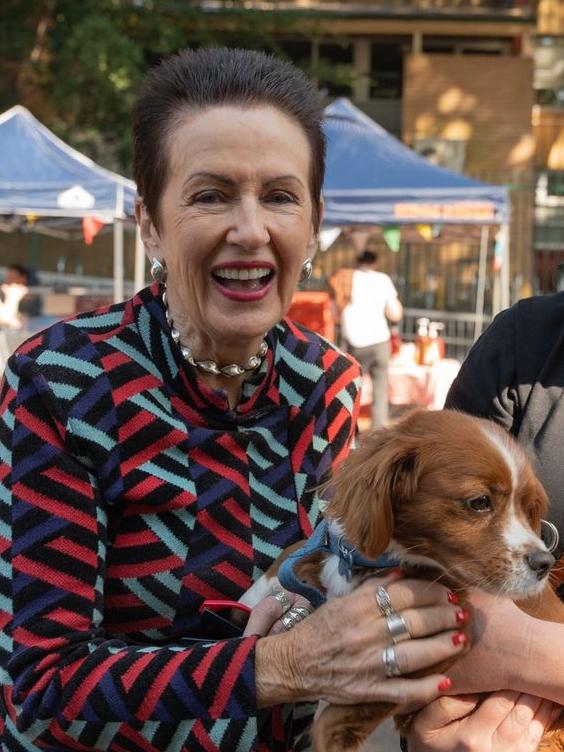
High-profile southwest Sydney mayors Ned Mannoun and Frank Carbone appeared on track to retain the mayoralties in Liverpool and Fairfield respectively.
Liberal Mr Mannoun said it had been the “dirtiest” campaign he had ever seen and comes after a damning state government report into his council threatened to postpone Saturday’s poll.
The new council faces a months-long public inquiry after the report alleged a raft of misconduct offences, but which has been described by Mr Mannoun as politically motivated and erroneous.
Polling day in Liverpool had been marred by “non-existent” booths, given that Liverpool is one of only two councils to use a private company rather than the NSW Electoral Commission, a situation described by the area’s NSW MP Charishma Kaliyanda as “completely unacceptable”.
The Liberals’ failure to nominate about 140 candidates to contest Saturday’s elections embroiled the party in turmoil, claiming the scalp of its state director and prompting a federal intervention.
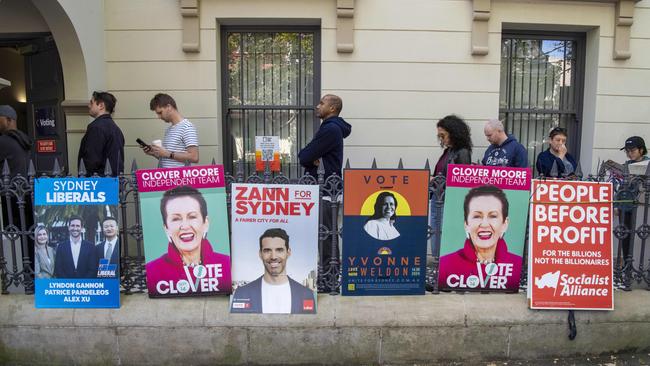
The likely effect Liberal-less wards will have on some councils won’t become clear until next week, but it had left the door ajar to conservative independents and the newly rebranded Libertarian Party.
In Parramatta, however, early results pointed to a return to form for the Liberals, who hadn’t endorsed any candidates at the city’s last elections, leading in three of its five wards at the time of publication.
Ms Moore, 78, was the clear favourite to claim Sydney’s Town Hall but, on Saturday morning, Indigenous independent candidate Yvonne Weldon complained one of the incumbent’s volunteers had removed her corflutes at the National Centre of Indigenous Excellence in Redfern.
Ms Moore apologised in the comments of Ms Weldon’s Instagram post, saying “sorry, this absolutely should not have happened”.
Voting closed at 6pm AEST. More than 5.6 million voters are registered for the elections of 128 local councils in the state. About 1.5m, or nearly 27 per cent, have voted pre-poll, and nearly another 8 per cent applied to do postal votes. Turnout in 2021 was about 83 per cent.
Some councils are holding mayoral elections as well as for councillors.
But not everyone faced a compulsory requirement to vote, with some regional councils having no contest.
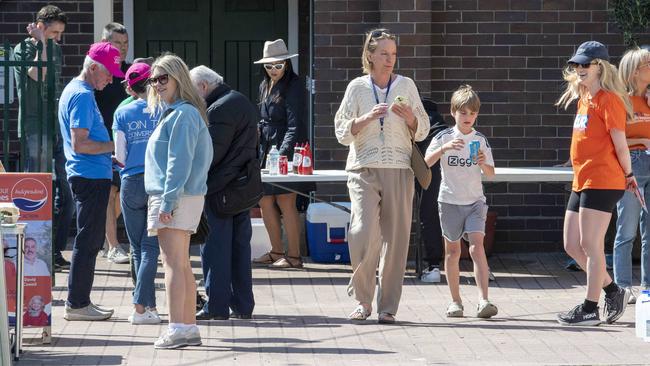
The NSW branch of the Liberal Party failed to nominate almost 140 candidates by the deadline set by the NSW Electoral Commission, which some observers could alone result in Labor majorities in the Blue Mountains, Campbelltown, Wollongong, Cessnock, and Penrith councils.
The five seats in Penrith’s east ward will be filled with Labor candidates after no one else nominated.
Counting closed at 10pm Saturday to resume on Monday morning, with more firm indicators becoming clear likely early next week.
Final declarations are due from October 1 to 3.


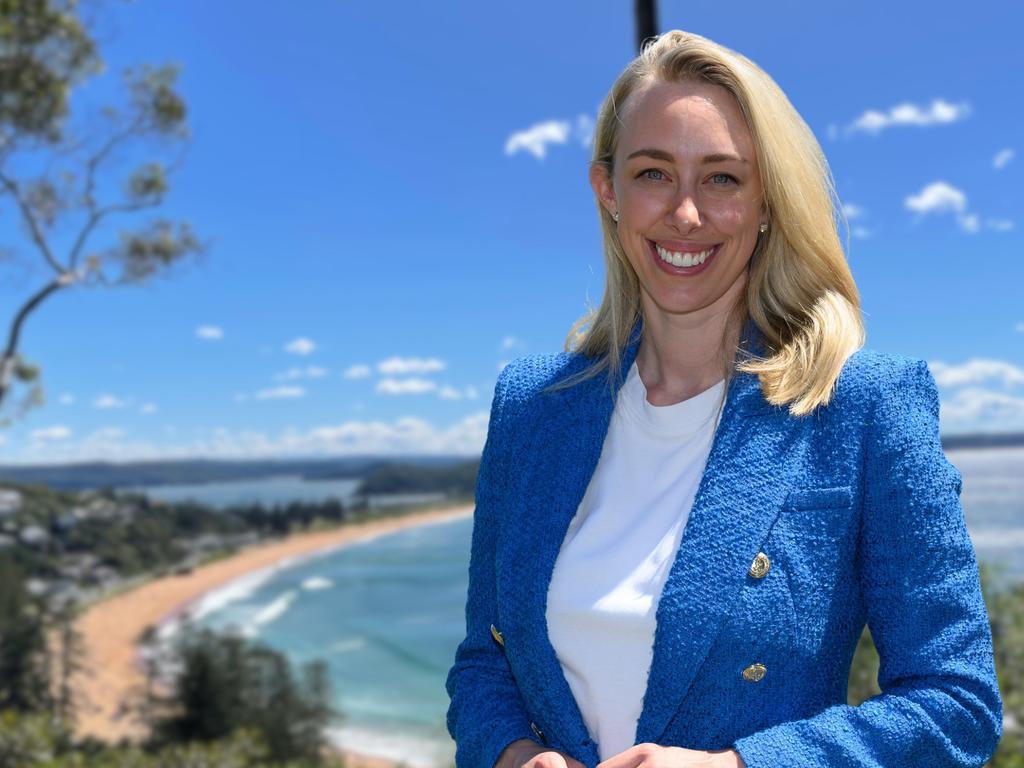
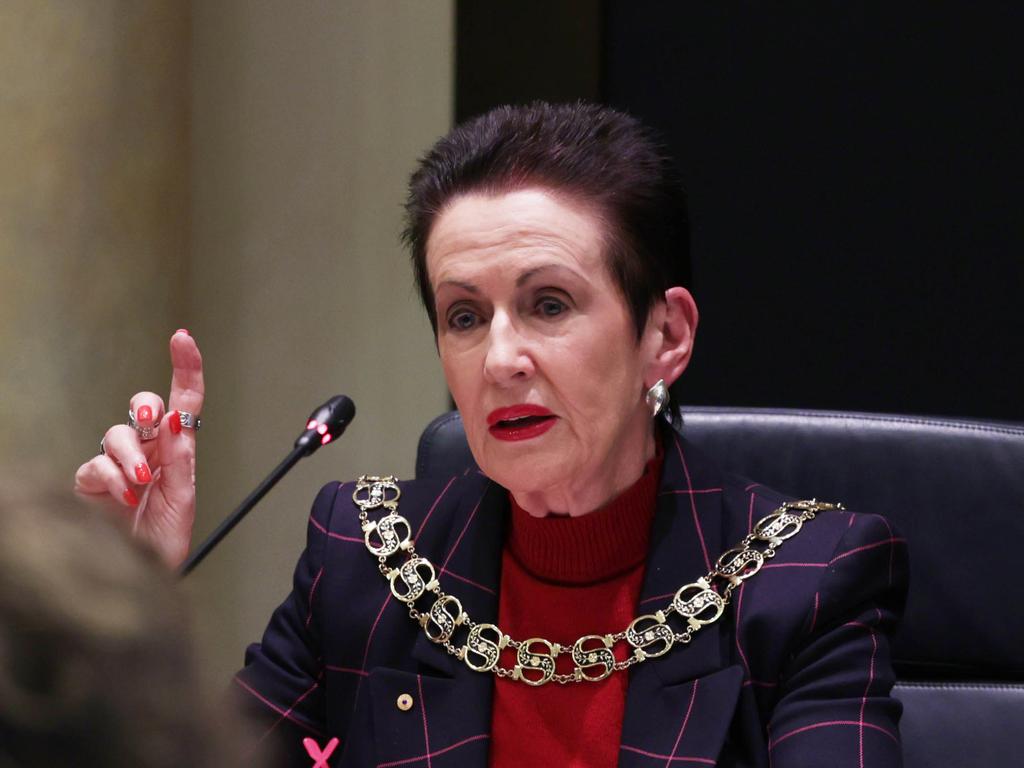
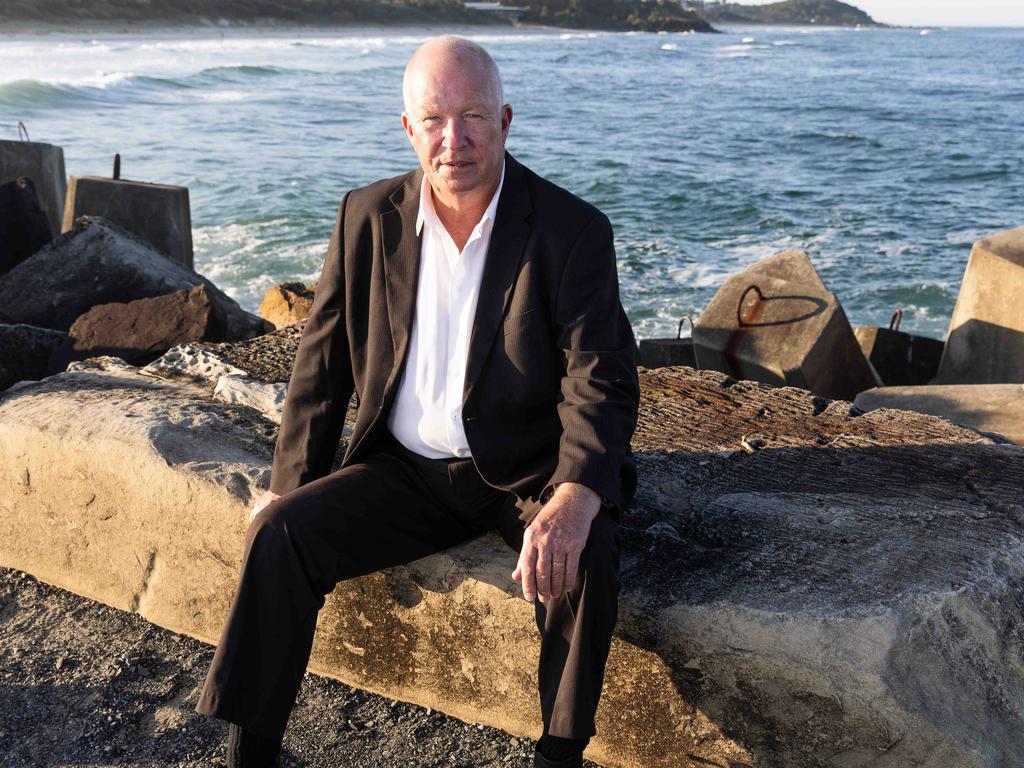


To join the conversation, please log in. Don't have an account? Register
Join the conversation, you are commenting as Logout